By Bonnie Newsom
This story was originally published in FSM’s 2015 publication, Reflections.
The Maine woods—the words inspire different feelings for different people. As a Penobscot person and someone who has devoted my career to understanding the deep antiquity of human occupation of Maine, I cannot help but feel grateful for the good stewardship of my ancestors, for without their understanding of and respect for the natural world, the Maine woods would not exist today.
I spend a lot of time in the Maine woods. My work as an archaeologist has taken me from the shores of Chesuncook Lake to Mt. Kineo to Millinocket and Alder Stream. I feel very fortunate for the opportunity to enjoy the gifts of Maine’s forested landscape through my work. However, I am most appreciative of time spent in the woods when I have no other role other than being. It is during those times that I am blessed with an intimate connection to my ancestors and all other life forms that surround me.
Gandhi advises us to “speak only when it improves upon the silence.” Anyone who has spent any time deep in the Maine woods can attest to fact that the forests are far from silent. However, I have found that my own silence while in the woods enables me to connect with my ancestors through a shared sensory experience that surpasses time. In essence, some things never change. Today, I can experience many of the same smells, sounds, textures and sights that my ancestors have experienced over millennia. The creaking of tall trees swaying in the wind, the crisp smell of a cedar tree, the slipperiness of the rocks along the shore, even the twinge of embarrassment that accompanies tripping over a root along a well-worn path—these sensations are timeless and unchanging, and will remain so as long as forests exist.
My time in the woods affords me the opportunity to experience a bit of my ancestors world. So much has changed for us—language, housing, transportation, food. But when I’m in the woods, away from busy streets, modern conveniences and excessive materiality, I am attuned to the visceral relationship that Penobscots have with the lands and waters. It is during those quiet reflective times I’m reminded that the forested landscape is a part of us and we a part of it. We have evolved together and share a deep common history. Together we have experienced the effects of colonization and together we struggle to heal from it.
I often wonder what my ancestors would think of our world today. I suspect they would be overwhelmed because much of their homeland would be unfamiliar. However, I believe they would take comfort in knowing that some things haven’t changed. Penobscot people are still here. We are still humbled by the beauty of Katahdin on the horizon, pine pitch is still sticky, and beavers still slap their tails on the waters of northern Maine.
Bonnie Newsom is a member of the Penobscot Nation and President of Nutalket Consulting–a Native American owned and operated small business that blends heritage preservation consulting with Native American art and jewelry design. Currently, she is an Assistant Professor of Anthropology at the University of Maine, Orono, and a member of FSM’s board of directors.
